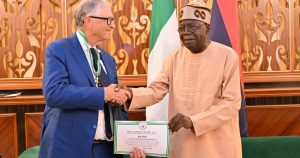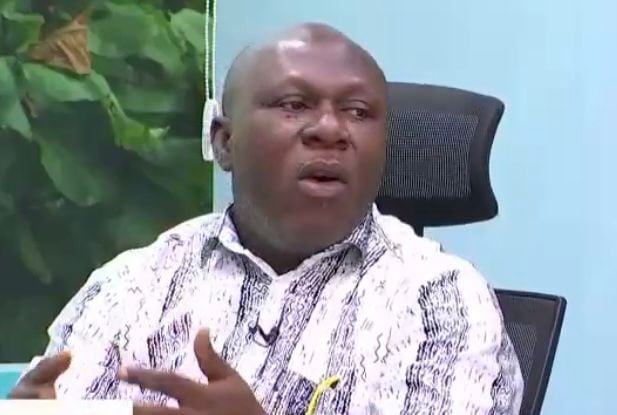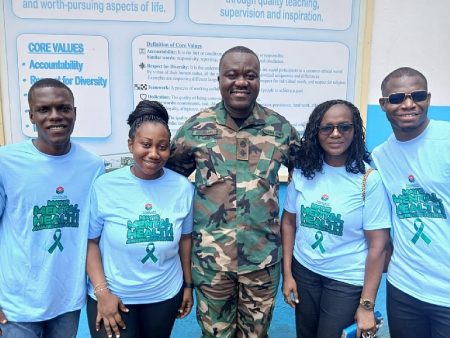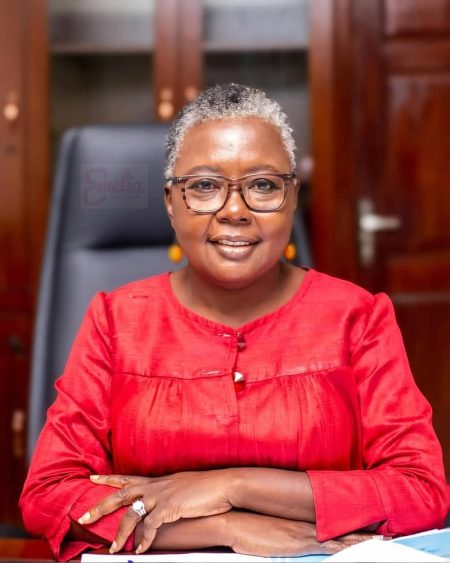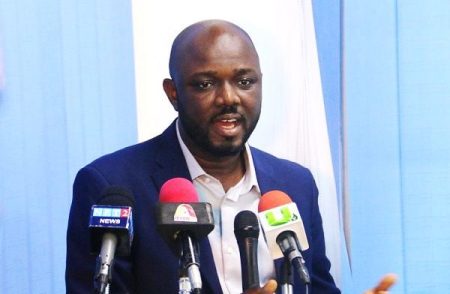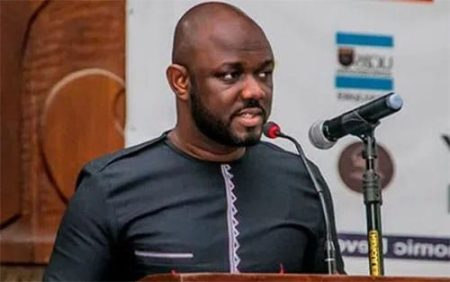The Office of the Special Prosecutor (OSP) in Ghana has found itself embroiled in a public debate regarding its handling of corruption-related investigations involving former Finance Minister Ken Ofori-Atta. The controversy stems from the OSP’s insistence on Mr. Ofori-Atta’s physical presence for questioning, a demand that has been challenged by Elvis Darko, editor of Newscenta. Mr. Darko argues that the OSP’s focus on securing Ofori-Atta’s physical presence is unnecessary and potentially obstructive if the OSP possesses sufficient evidence to proceed with legal action. This disagreement highlights a broader question concerning the balance between due process, the efficient pursuit of justice, and the rights of individuals under investigation.
Central to Mr. Darko’s critique is his assertion that legal proceedings can and do occur in the absence of the accused. He cites the conviction in absentia of former MASLOC CEO, Sedinam Tamakloe, as a precedent within Ghana’s own legal system. This example, Mr. Darko contends, demonstrates that the OSP’s insistence on physical presence is not an absolute requirement for the pursuit of justice. Moreover, he points out that even if Mr. Ofori-Atta were to appear before the OSP, he retains the constitutional right to remain silent, a right that could potentially render a physical appearance unproductive. This raises questions about the strategic value the OSP places on a physical appearance versus the practical realities of legal protections afforded to individuals under investigation.
Mr. Darko proposes an alternative approach, suggesting that the OSP leverage existing documentation and channel its inquiries through Mr. Ofori-Atta’s legal representatives. This method, he argues, would be more efficient and respectful of the former minister’s circumstances. He suggests that the OSP should review available documents, identify areas requiring clarification or further investigation, and formulate specific questions to be addressed by Mr. Ofori-Atta through his legal counsel. This approach, Mr. Darko believes, would streamline the investigation process and avoid the potential impasse created by demanding a physical appearance.
The OSP’s insistence on Mr. Ofori-Atta’s presence occurs against the backdrop of an expired deadline for his appearance, with the implied threat of declaring him a wanted fugitive. This creates a tense situation, particularly given Mr. Ofori-Atta’s stated reason for being abroad – medical treatment. Mr. Ofori-Atta, in response to the OSP’s demands, has requested a virtual meeting, a proposal that further complicates the matter. This request underscores the complexities of navigating legal proceedings in an increasingly interconnected world, where technology offers alternative means of communication and interaction.
The clash between the OSP and Mr. Ofori-Atta, mediated by the public commentary of Mr. Darko, highlights the challenges of balancing the pursuit of justice with the rights of individuals under investigation. The OSP’s pursuit of Mr. Ofori-Atta raises questions about the necessity of physical presence in the context of an ongoing investigation. While the OSP may have its reasons for demanding a physical appearance, Mr. Darko’s arguments, coupled with Mr. Ofori-Atta’s medical situation and request for a virtual meeting, present compelling counterpoints. This situation underscores the need for clear legal frameworks and procedures that address the complexities of modern investigations, especially in an era where international travel and virtual communication are commonplace.
Ultimately, this evolving situation will likely set a precedent for future investigations in Ghana. The outcome will determine how the balance between the OSP’s investigative powers and the rights of individuals is interpreted and applied. It will also influence the adoption of virtual communication technologies in legal proceedings, potentially shaping the landscape of criminal investigations and the pursuit of justice in the digital age. The public debate surrounding this case emphasizes the importance of transparency and accountability within the legal system, and the ongoing scrutiny will undoubtedly shape the OSP’s approach to similar situations in the future.



